- Demonstrate concepts and challenges regarding patient management, such as, pain management, medication administration and documentation.
- Implement evidenced based, safe, effective nursing care for individuals with basic health care illnesses
NPO 1: NPO-1 Integrates nursing and health care knowledge, skills and attitudes to provide safe, ethical and effective patient cantered nursing care, representing the patients’ values and needs within the context of their families, communities and the health care delivery system.
NPO 2: Demonstrate a level of professionalism that is congruent with the inherent values , ethics and behaviours of the discipline of nursing (Health promotion and maintenance of wellness)
NPO 6: NPO-6 Utilizes appropriate communication and interpersonal skills to engage in, develop and disengage from therapeutic relationships with individuals and groups.(Communication)
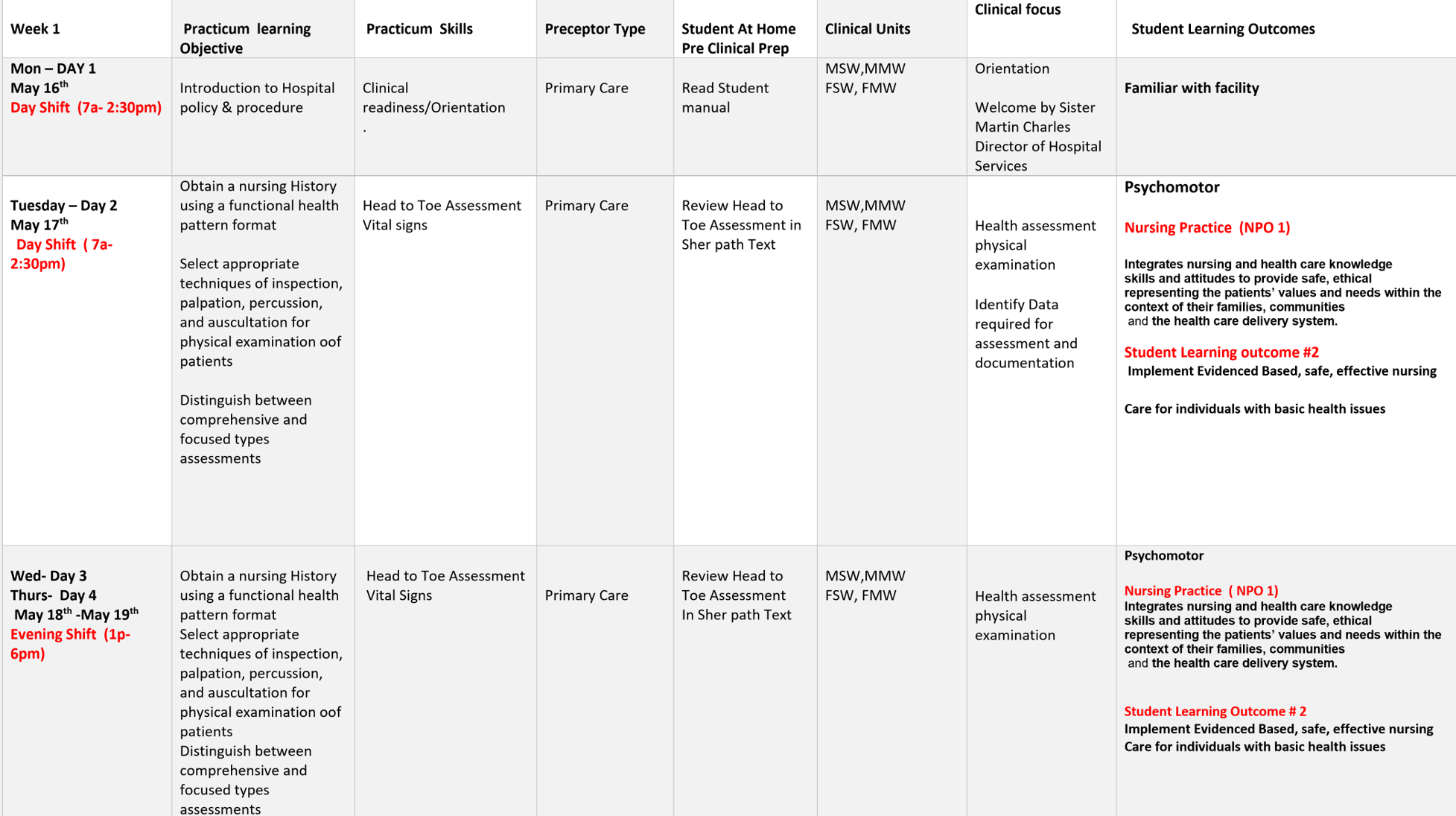
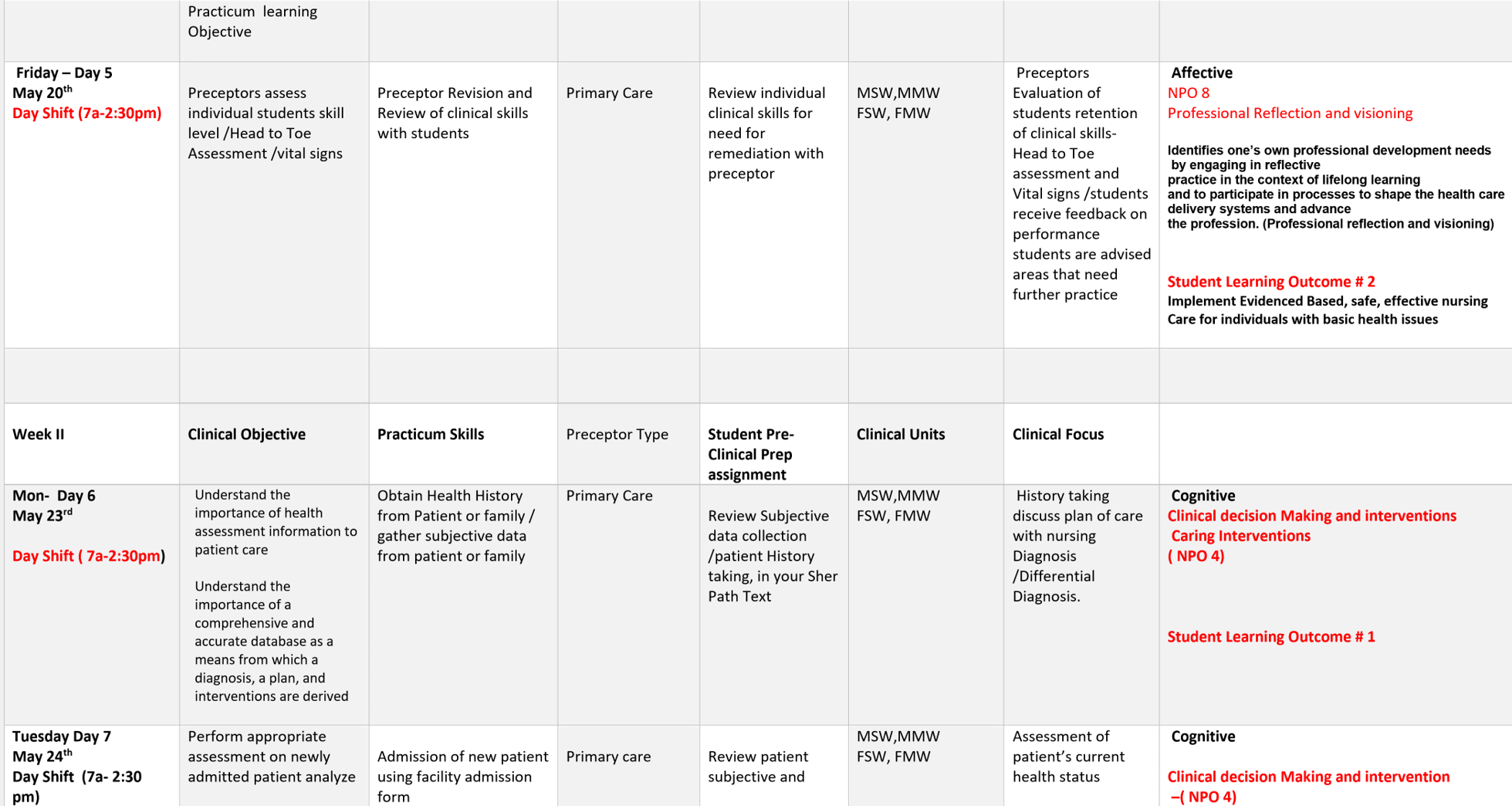
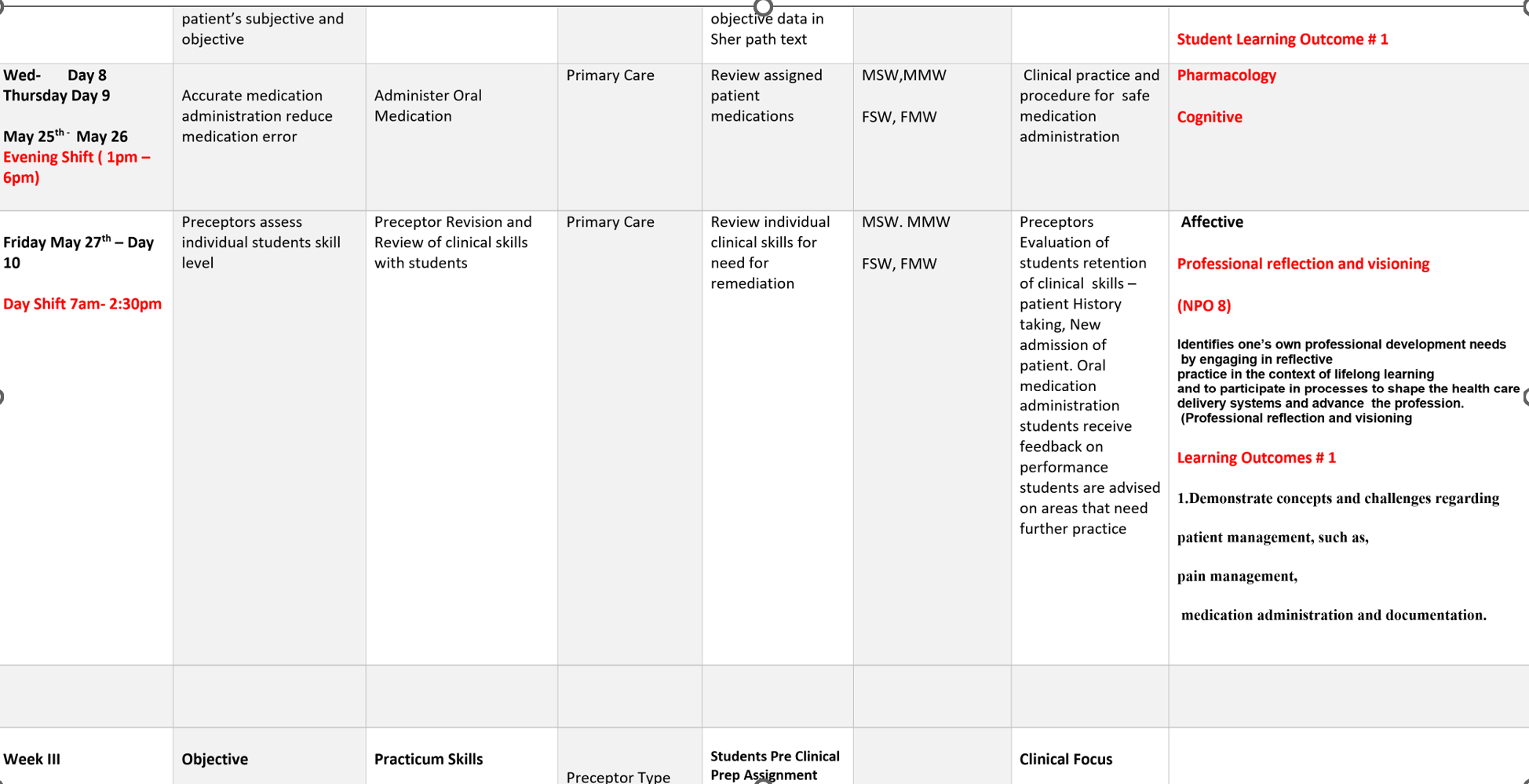
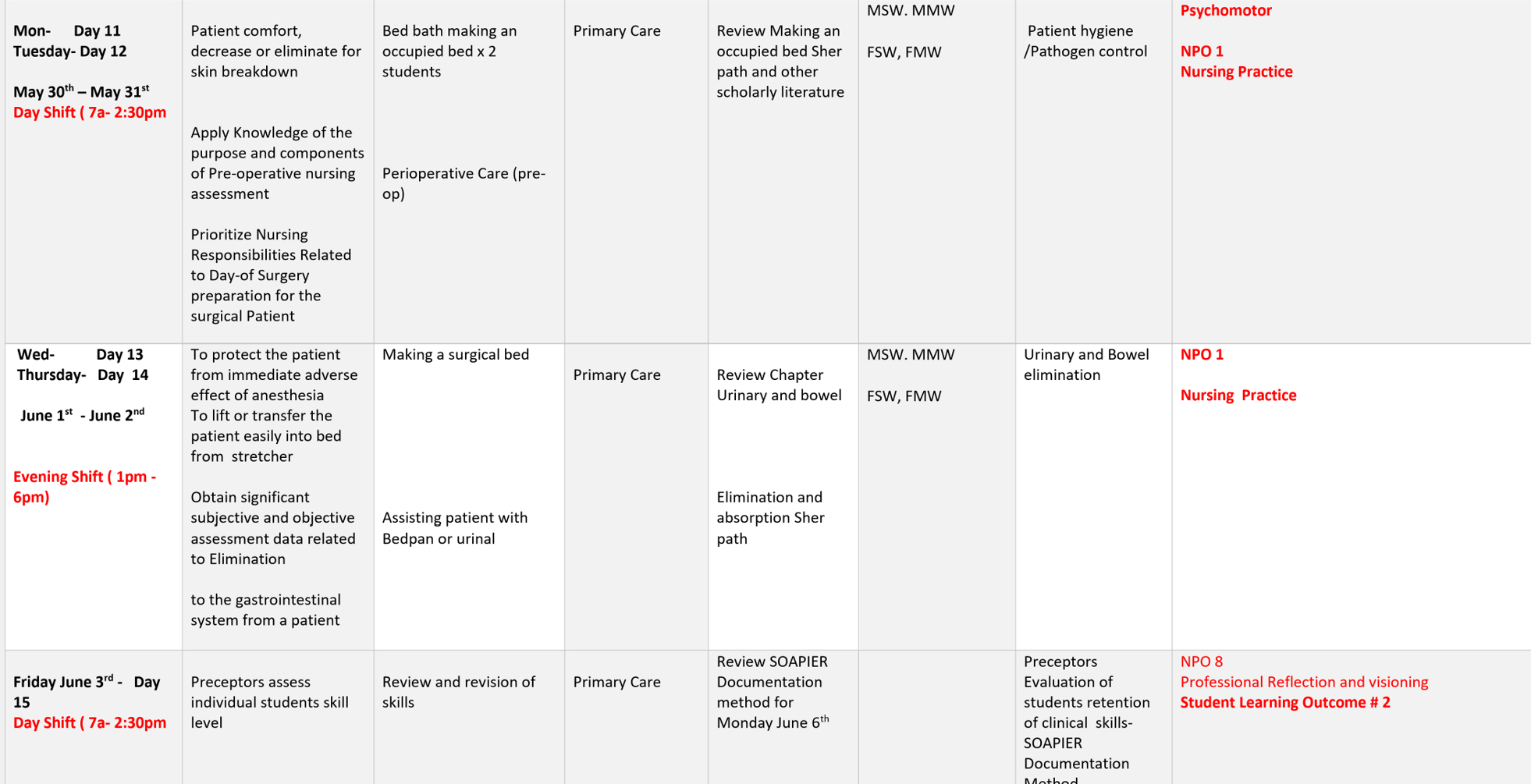
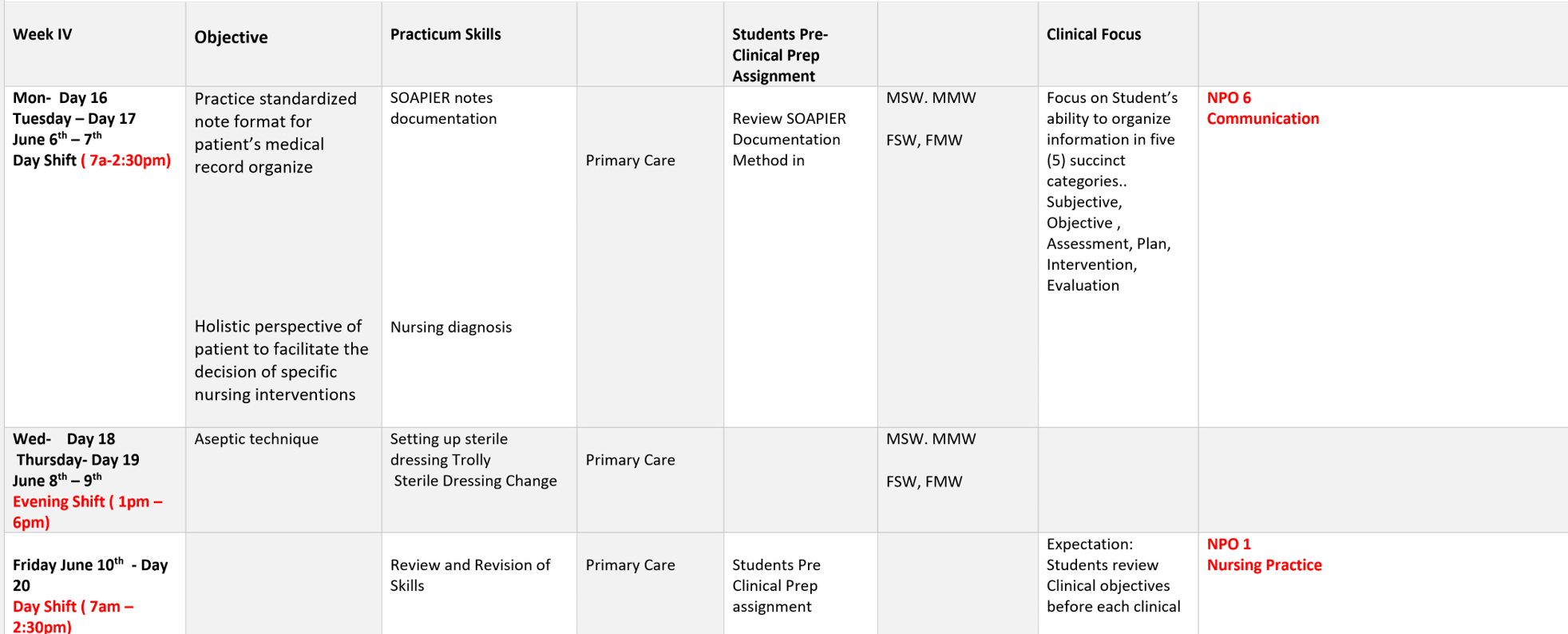
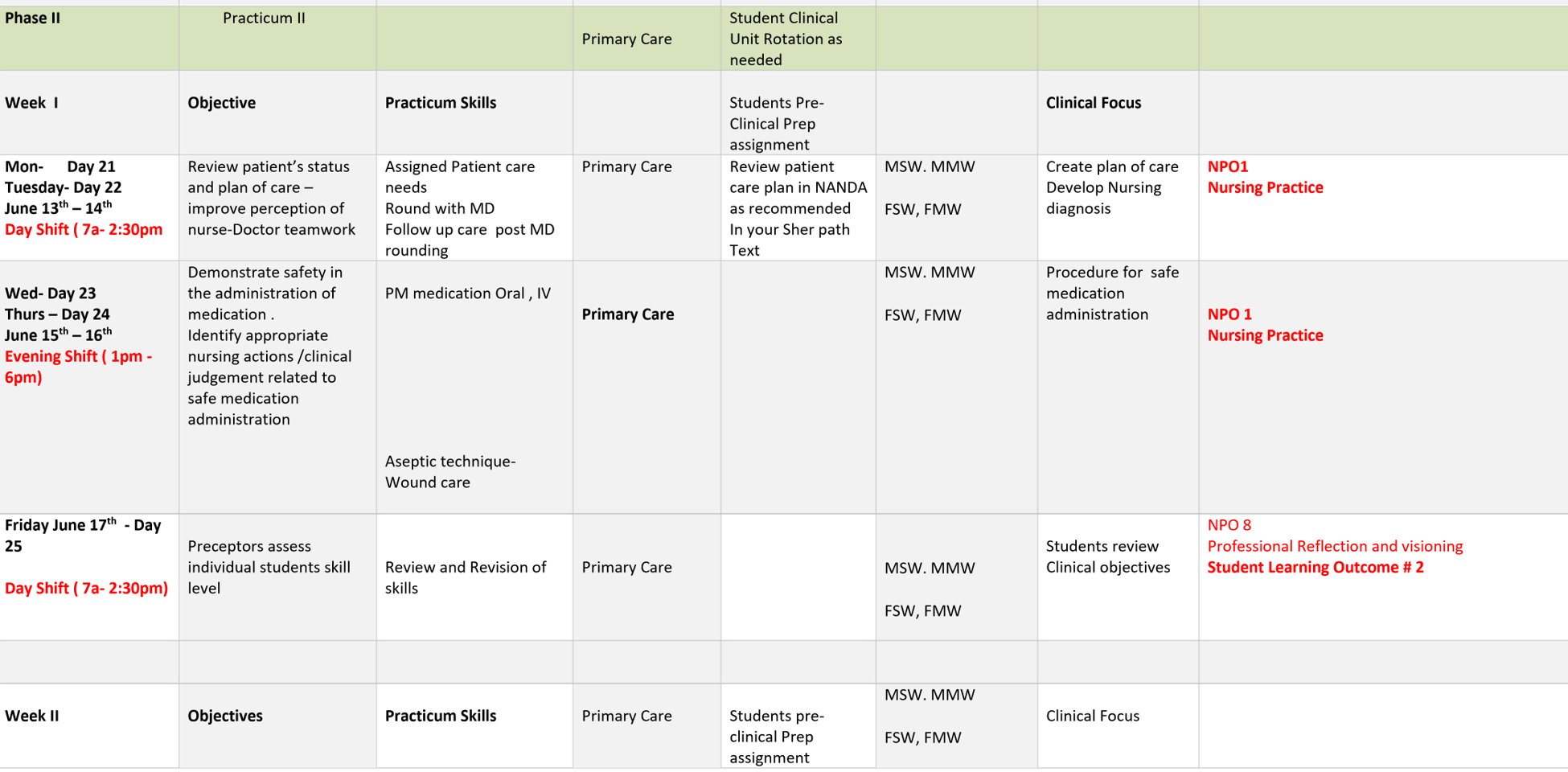
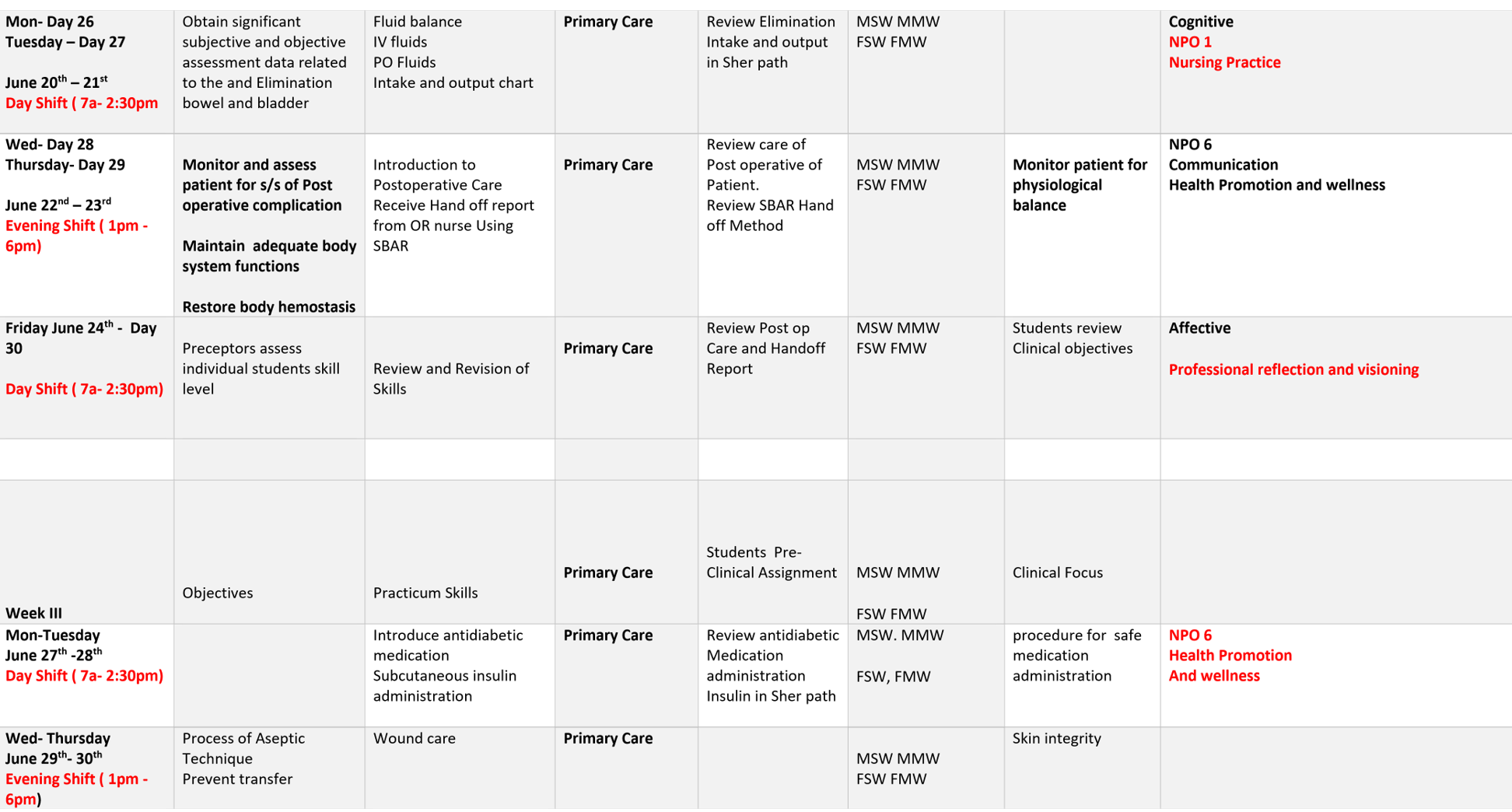
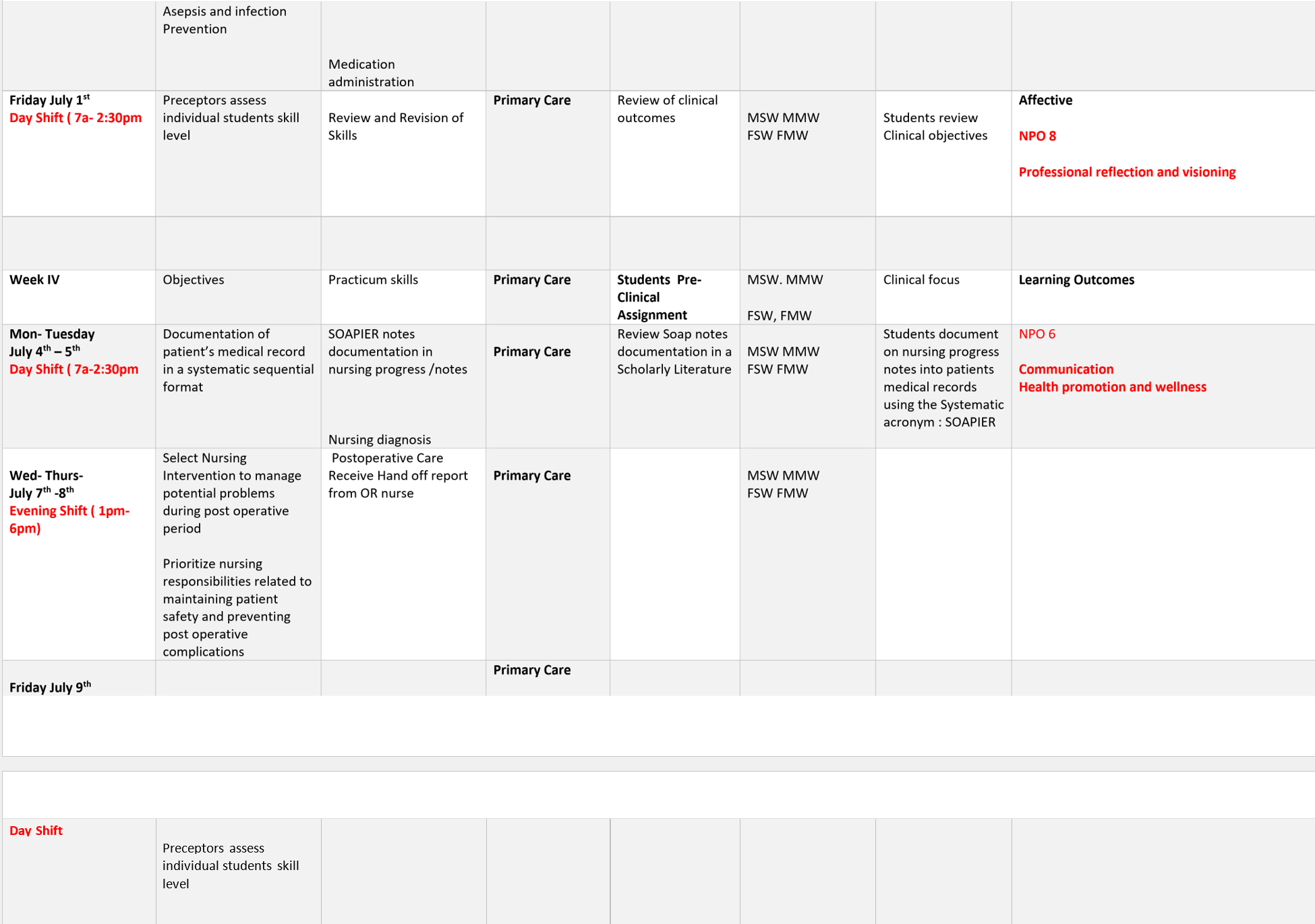
School of Arts and Sciences Master Syllabi — Info for All Sections
Academic Integrity
The St. George’s University Student Manual (2019/2020) states as follows:
“Plagiarism is regarded as a cardinal offense in academia because it constitutes theft of the work of someone else, which is then purported as the original work of the plagiarist. Plagiarism draws into disrepute the credibility of the Institution, its faculty, and students; therefore, it is not tolerated” (p. 48).
Plagiarism also includes the unintentional copying or false accreditation of work, so double check your assignments BEFORE you hand them in.
Be sure to do good, honest work, credit your sources and reference accordingly and adhere to the University’s Honor Code. Plagiarism and cheating will be dealt with very seriously following the university’s policies on Plagiarism as outlined in the Student Manual.
Your work may be subject to submission to plagiarism detection software, submission to this system means that your work automatically becomes part of that database and can be compared with the work of your classmates.
The St. George’s University Student Manual (2019/2020) states as follows:
“Students are expected to attend all classes and or clinical rotations for which they have registered. Although attendance may not be recorded at every academic activity, attendance may be taken randomly. Students’ absence may adversely affect their academic status as specified in the grading policy. If absence from individual classes, examinations, and activities, or from the University itself is anticipated, or occurs spontaneously due to illness or other extenuating circumstances, proper notification procedures must be followed. A particular course may define additional policies regarding specific attendance or participation” (p. 9).
The St. George’s University Student Manual (2019/2020) states as follows:
“All matriculated students are expected to attend all assigned academic activities for each course currently registered. Medical excuses will be based on self-reporting by students. Students who feel they are too sick to take an examination or other required activity on a specific day must submit the online SAS medical excuse, which is available on Carenage. Students are only allowed two such excuses a year. Upon consultation with the Director of University Health Service, the third excuse will result in a mandatory medical leave of absence. The policies regarding make-up examinations are at the option of the Course Director” (p.46).
For additional specific examination policies and procedures, refer to the St. George’s University Student Manual (2019/2020), pages 31 through 37.
The St. George’s University Student Manual (2019/2020) states as follows:
“A student with a disability or disabling condition that affects one or more major life activities, who would like to request an accommodation, must submit a completed application form and supporting documentation to the Student Accessibility and Accommodation Services (SAAS) located in the Dean of Students Office. It is highly recommended that students applying for accommodations do so at least one month before classes begin to allow for a more efficient and timely consideration of the request. If a fully completed application is not submitted in a timely fashion, an eligibility determination may not be made, and accommodations, where applicable, may not be granted prior to the commencement of classes and/or examinations” (p. 8).
It is the responsibility of the student to read and understand the policies, laws, rules and procedures that while they could affect your grade for a course, have not been specifically outlined in the course syllabus. These are contained in the St. George’s University Student Manual.
